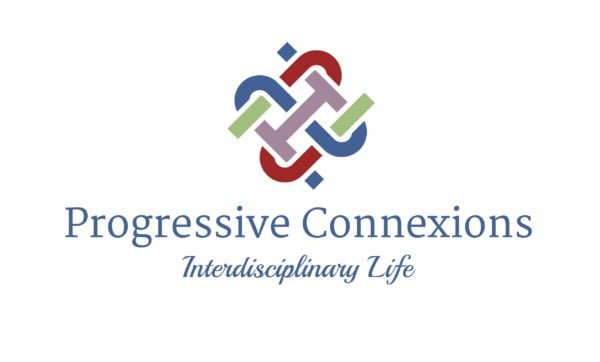Loving Dystopia | 1st Global Inclusive Interdisciplinary Conference
Event Details
Literally the opposite of utopia, or ‘perfect place,’ the term dystopia was coined in the mid-19th century and has been used to both critique laws, policies and actions by
Event Details
Literally the opposite of utopia, or ‘perfect place,’ the term dystopia was coined in the mid-19th century and has been used to both critique laws, policies and actions by those in power, and to describe states of being.
A dystopian society is generally seen as an imagined state of existence or an imagined society, characterized by gross imbalances of power, injustice, cruelty, suffering and hopelessness, with either totalitarian or nonexistent — or at least invisible — and always unethical forms of government.
It sounds pretty grim, a place none of us would want to visit let alone live in. Yet dystopian literature, film and television are among the most popular of genres, drawing millions of readers and viewers to each newly imagined dystopic world. And it’s been this way since the late 18th century when Jonathan Swift published what is considered by many to be the first dystopian novel, Gulliver’s Travels. Though dystopias have evolved since then, often figured as occurring either after an apocalypse (though they differ from a post-apocalyptic world) or as a result of a long-term disintegration of society, they have only risen in popularity.
Since 2001 the world has seen its share of dystopian events including the rise of far right, fascist movements in political systems around the world, the worsening climate crisis, the rise in instances and awareness of terrorism—if not the underlying reasons for it—and the Covid-19 pandemic. These have in many ways shaped our daily lives, and we seem to be moving farther and farther away from any chance at a balanced, comfortable life, let alone a utopia. Yet, contrary to what might seem to make sense, this has only increased our desire to engage with dystopias. Instead of finding ways out of the darkness, we are actively choosing to run toward it—at least in fiction.
In this exciting, global and inclusive interdisciplinary event our goal is to examine the conceptualization, proliferation and ubiquity of dystopias, and their popularity.
To that end, we ask:
What is it about dystopias that have us seeking them out, willing to engage with each new version of a bleak future or dismal alternate version of reality? How have they become such an integral part of our lives that simply Googling the word brings up more than 100,000 hits, with unending lists of the top 50 or 100 dystopian novels, short stories, TV shows or movies?
What is it about a dystopia that keeps us turning the pages, that keeps us glued to our seats, and that makes it impossible to turn away from their forbidding, unspeakable futures? Is it that they are in a sense prophetic? Do we see our own futures? Do we use them to understand current events, political movements or politicians? Are they maps of places we do not wish to go, perhaps guides for actions we do not wish to take? Do we use them to look for clues in the world we live in to forestall our march toward disaster? Or perhaps do we use them as a measure of what lengths we ourselves would go to in order to survive in the situations they depict—and as a way of asking when those measures are necessary?
Organizer
Time
18 (Saturday) 8:00 am - 19 (Sunday) 6:00 pm
Location
Prague 2023
Štěpánská 645/33, 110 00 Nové Město, Czechia

